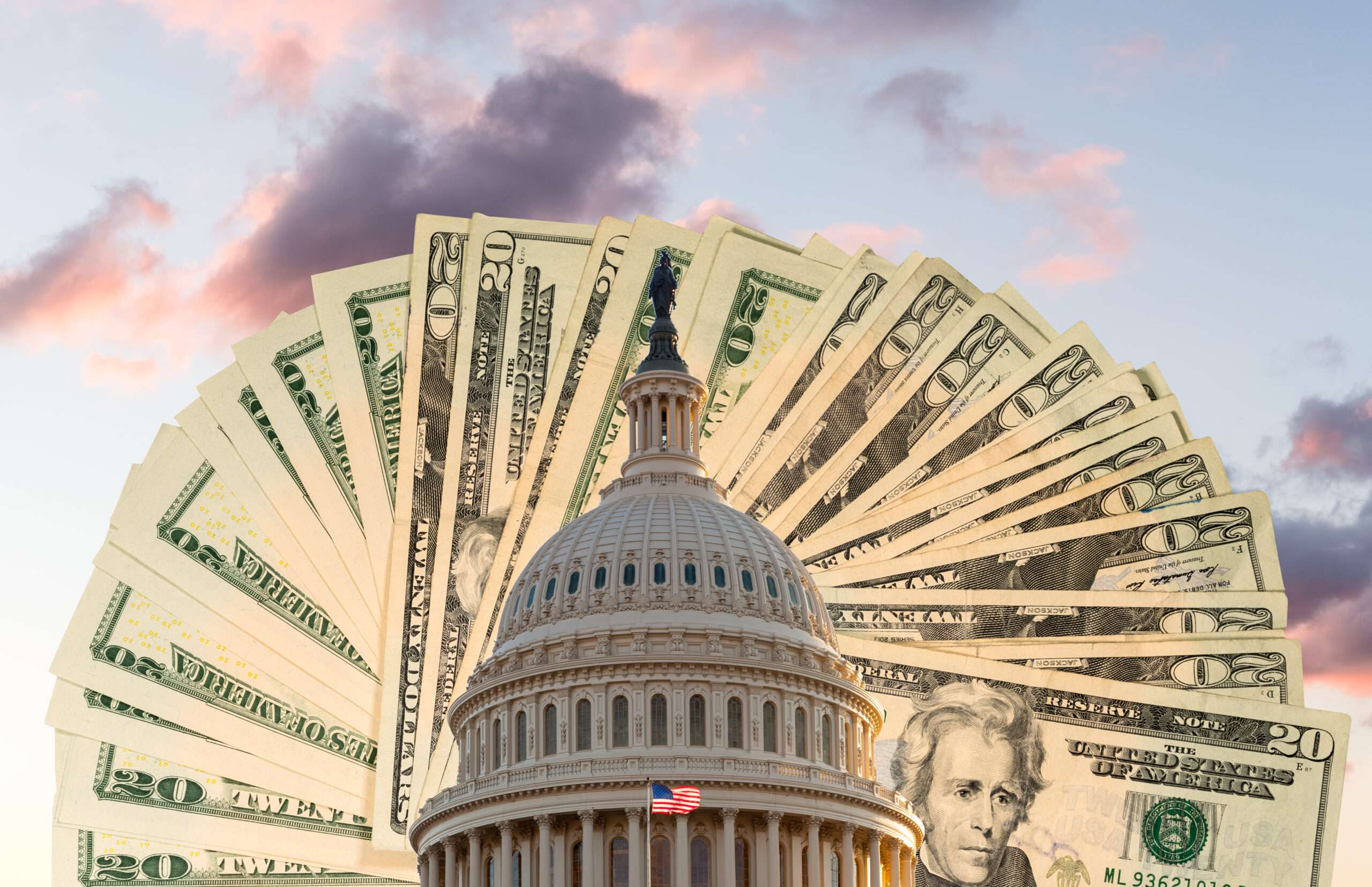Congress’s Fiscal Irresponsibility: Will Lawmakers Take Action?
The essence of America’s greatness is captured not in its quest for perfection but in its persistent strive for improvement. For over 250 years, the nation has sought to embody the revolutionary ideals set forth in its founding documents. Although there have been numerous shortcomings along the way, the nation’s ability to self-reflect and renew itself imbues hope and drives progress. Recently, efforts by President-elect Donald Trump and entrepreneur Elon Musk to reassess governmental structures, especially around the presidency, may serve as catalysts for necessary change. Alongside these initiatives, Congress also needs to engage in real self-reflection to ensure it fulfills its constitutional responsibilities more effectively.
In recent decades, Congress has fundamentally mismanaged its constitutional “power of the purse.” This shift has transformed a tool for responsible governance into a means of fiscal irresponsibility. The national debt has surged, surpassing the alarming threshold of $36 trillion shortly after crossing the $35 trillion mark, indicating a severe imbalance. The current budget deficit of $1.9 trillion is projected to escalate to $2.8 trillion within the next decade. Rather than adhering to practices of careful budgeting and oversight, Congress has increasingly relied on sweeping omnibus spending bills, often rushed through without proper scrutiny, reflecting a bipartisan failure in fiscal accountability.
Moreover, Congress has taken a dangerously complacent stance towards its fundamental duties. Basic responsibilities such as passing individual appropriations bills on time or conducting detailed cost-benefit analyses are frequently neglected. Furthermore, the looming burdens of major programs—Social Security, Medicare, and Medicaid—remain inadequately addressed. This negligence is compounded by the disturbing issue of expired program authorizations. A newly established Department of Government Efficiency (DOGE) has identified an astounding $516 billion allocated to programs without current authorization, a significant portion of which has gone unchecked for over a decade, underscoring Congress’s disregard for its own governance standards.
In addition to the issue of expired authorizations, improper payments are another glaring indication of Congress’s oversight failures. The Government Accountability Office has reported that improper payments—those made in error or without proper validation—amounted to $236 billion in the last year alone, with cumulative issues reaching $2.7 trillion since 2003. The Medicare and Medicaid programs account for a significant share of these errors, with annual losses exceeding $50 billion each. Despite recommendations from the GAO aimed at resolving these issues, Congress has consistently chosen not to act, allowing inefficient practices to persist and grow unchecked.
The prevalence of fraud within federal programs also highlights the need for drastic improvements. Losses due to fraud are estimated to range between $233 billion and $521 billion annually, with Medicare and Medicaid fraud alone accounting for a staggering $100 billion in 2023. This level of wastefulness would be unsustainable in any private business; nonetheless, the federal government faces no repercussions for such inefficiencies. Innovative 21st-century technologies could substantially reduce instances of fraud and improper payments, suggesting that the potential talent housed within DOGE should be harnessed to implement more precise and scientific methods for oversight.
Finally, the Department of Defense has recently come into the spotlight for failing to achieve a clean audit since 2018. With a budget exceeding $824 billion, spanning a workforce of roughly 3.4 million service members and civilians, accountability in such a vast entity is crucial yet elusive. While Congress has mandated a clean audit by 2028, the chronic lack of fiscal transparency and oversight remains a pressing concern. Overall, the inefficiency and scale of the federal government create an environment rife with dysfunction, hindering meaningful oversight and ensuring continued waste and duplication. The pressing need is to streamline the government structure, an endeavor that can only be tackled effectively with determination from Congress itself.
Share this content:












Post Comment